Do you ever wonder how to take care of your teeth? Well, you’re in luck because in this article, we will discuss everything you need to know about maintaining good oral hygiene. Whether you’re a dental enthusiast or someone who just wants to make sure their pearly whites stay healthy, this article has got you covered!
Taking care of your teeth is not just about brushing and flossing daily, although those are important habits to have. It’s also about making the right dietary choices and visiting your dentist regularly. In the upcoming paragraphs, we will delve deeper into each of these aspects and provide you with some helpful tips on how to maintain a bright and healthy smile. So, if you’re ready to learn how to keep your teeth in tip-top shape, keep reading!
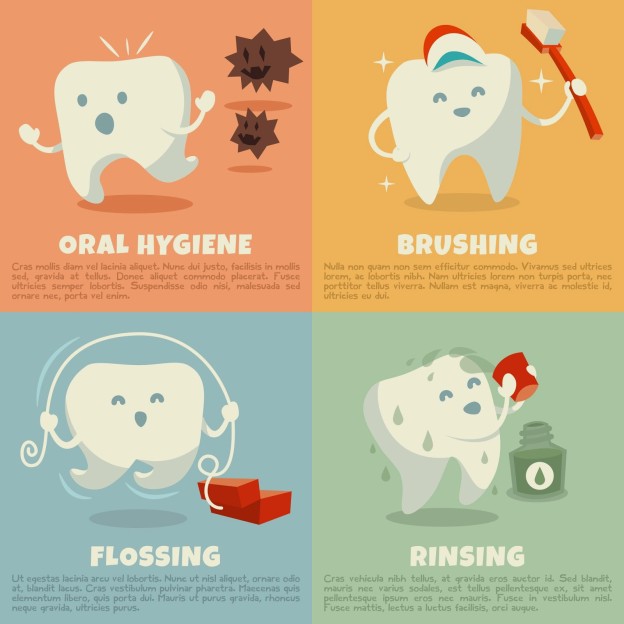
Importance of Dental Health
Taking care of your teeth is vital for your overall health and well-being. Good dental hygiene not only helps prevent tooth decay but also maintains healthy gums and prevents bad breath. Additionally, practicing proper dental care can contribute to a beautiful smile and boost your self-confidence. In this article, we will explore the significance of dental health and provide you with practical tips on how to take care of your teeth.
Preventing Tooth Decay
Tooth decay is one of the most common dental issues that individuals face. It occurs when plaque, which is a sticky film of bacteria, accumulates on your teeth and starts to erode the enamel. Regular brushing and flossing can remove plaque and prevent tooth decay. It is recommended to brush your teeth at least twice a day with a soft-bristled toothbrush and fluoride toothpaste.
Maintaining Healthy Gums
Healthy gums are essential for overall dental health. When gums are not properly cared for, they can become inflamed and lead to gum disease, also known as periodontal disease. To maintain healthy gums, it is necessary to brush your teeth gently along the gumline and floss daily to remove any bacteria or food particles that may be trapped between your teeth.
Preventing Bad Breath
Bad breath, also known as halitosis, can be a result of poor oral hygiene. Bacteria in the mouth produce sulfur compounds that cause an unpleasant odor. To prevent bad breath, it is crucial to follow a consistent oral care routine. In addition to brushing and flossing, using mouthwash can freshen your breath and kill bacteria that cause bad breath.
Creating a Dental Care Routine
Establishing a dental care routine is essential for maintaining optimal oral health. Here are some key components to include in your routine:
Brushing Your Teeth Properly
Brushing your teeth properly is fundamental to good oral hygiene. Use a soft-bristled toothbrush and brush in circular motions for at least two minutes each time. Be sure to clean all surfaces of your teeth, including the front, back, and chewing surfaces. Don’t forget to gently brush your tongue, as it can harbor bacteria that contribute to bad breath.
Flossing Daily
While brushing is important, it is not enough to clean the tight spaces between your teeth. That’s where flossing comes in. Flossing removes plaque and food particles from areas that a toothbrush cannot reach. Make sure to floss between each tooth, using a gentle back-and-forth motion, to prevent gum disease and tooth decay.
Using Mouthwash
Using mouthwash as part of your dental care routine can provide additional benefits. Mouthwash can help kill bacteria, freshen your breath, and reduce plaque formation. However, keep in mind that mouthwash should not replace brushing and flossing but rather complement them. Choose a mouthwash with antibacterial properties and use it after brushing and flossing your teeth.
Choosing the Right Dental Products
Selecting the right dental products plays a crucial role in maintaining good oral hygiene. Here are some factors to consider when choosing dental products:
Selecting a Toothbrush
When selecting a toothbrush, opt for one with soft bristles and a comfortable grip. Soft bristles are gentle on your teeth and gums, preventing any damage. Additionally, consider the size and shape of the toothbrush head to ensure it can reach all areas of your mouth easily.
Choosing the Right Toothpaste
Toothpaste comes in various types and flavors. When choosing toothpaste, look for one that contains fluoride, as it helps strengthen your tooth enamel and prevent tooth decay. Some toothpastes also target specific dental concerns, such as sensitivity or whitening. Consult with your dentist to determine the best toothpaste for your needs.
Picking the Right Dental Floss
Dental floss is available in different forms, such as traditional floss, floss picks, or water flossers. Choose the type of dental floss that you find most comfortable and easy to use. The goal is to remove plaque and food particles from between your teeth effectively. Experiment with different types and find the one that suits your preferences.
Maintaining a Healthy Diet
Maintaining a healthy diet not only benefits your overall health but also contributes to your dental health. Here are some dietary tips to keep your teeth strong and healthy:
Avoiding Sugary Foods
Excessive consumption of sugary foods and drinks can lead to tooth decay. Sugar feeds the harmful bacteria in your mouth, which produce acids that erode your tooth enamel. Limit your intake of sugary snacks, sodas, and desserts. When you do indulge in these treats, make sure to brush your teeth afterward and drink plenty of water to rinse away the sugar.
Eating Nutritious Foods for Dental Health
Including nutritious foods in your diet can help maintain dental health. Foods rich in calcium, such as milk, cheese, and leafy greens, strengthen your teeth and bones. Additionally, foods high in vitamin C, such as citrus fruits and broccoli, promote healthy gums. Incorporate a variety of fruits, vegetables, whole grains, and lean proteins into your meals for optimal dental health.
Limiting Acidic Foods
Acidic foods and beverages, such as citrus fruits, tomatoes, and carbonated drinks, can erode your tooth enamel over time. While it is difficult to completely avoid acidic foods, try to incorporate them into meals rather than consuming them alone. Additionally, rinse your mouth with water after consuming acidic foods or drink milk to neutralize the acid.
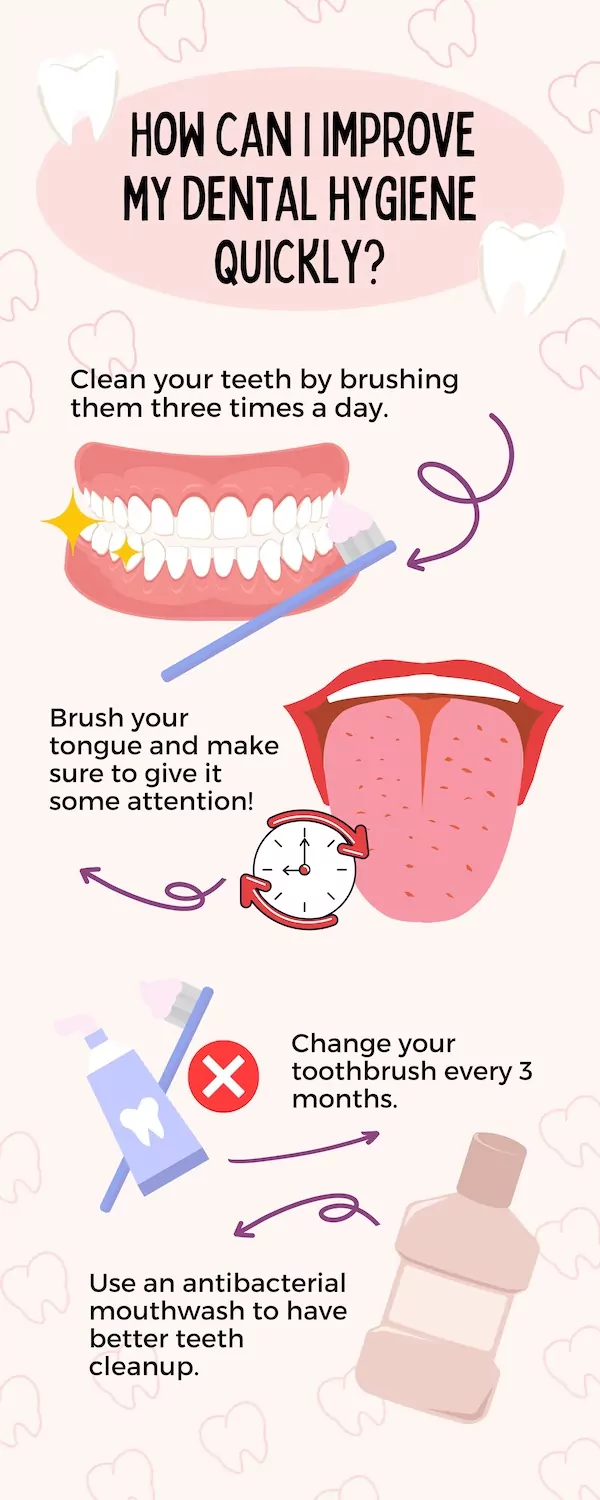
Visiting the Dentist Regularly
Regular dental check-ups are essential for maintaining optimal oral health. Here’s why:
Importance of Regular Check-ups
Visiting your dentist regularly allows them to identify any potential dental issues before they become more severe. Regular check-ups can help detect problems such as tooth decay, gum disease, or oral cancer in their early stages, making them easier to treat. Your dentist will also perform a thorough cleaning and remove any plaque or tartar build-up that can lead to dental problems.
Professional Teeth Cleaning
Despite our best efforts at home, plaque and tartar can still accumulate on our teeth. Regular dental cleanings by a dental hygienist remove these deposits and help prevent gum disease. During a cleaning, your dental hygienist will also polish your teeth, leaving them looking and feeling clean and refreshed.
Addressing Dental Issues
Regular dental visits allow your dentist to address any existing dental issues promptly. Whether you need a filling, root canal treatment, or tooth extraction, your dentist can develop an appropriate treatment plan and discuss it with you. By addressing dental issues early, you can prevent further complications and maintain a healthy smile.
Preventing Dental Injuries
Taking precautions to prevent dental injuries is essential, whether you’re playing sports or going about your daily activities. Here are some ways to protect your teeth:
Using Mouthguards during Sports
If you participate in contact sports or activities with a risk of facial injuries, it is crucial to wear a mouthguard. Mouthguards provide a protective barrier between your teeth and potential impacts, reducing the risk of broken teeth or injuries to your lips, tongue, or jaw. Custom-fitted mouthguards from your dentist offer the highest level of protection and comfort.
Being Cautious with Chewing Hard Objects
Avoid chewing on hard objects such as ice, pens, or popcorn kernels. Doing so can cause your teeth to chip or crack. Additionally, be cautious when biting into hard or sticky foods such as hard candy or caramel, as they can damage your teeth. Opt for softer alternatives or cut these foods into smaller, bite-sized pieces.
Avoiding Teeth Grinding
Teeth grinding, also known as bruxism, can cause damage to your teeth over time. It often occurs during sleep or as a result of stress. If you suspect that you grind your teeth, speak to your dentist about wearing a nightguard to protect your teeth. Stress management techniques and relaxation exercises can also help alleviate teeth grinding.
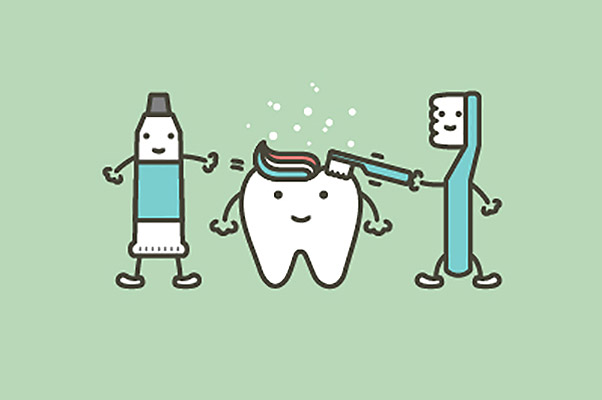
Tips for Oral Hygiene at Home
In addition to brushing, flossing, and regular dental visits, there are some additional tips to maintain optimal oral hygiene at home:
Cleaning Your Tongue
The tongue can harbor bacteria that contribute to bad breath and plaque formation. Use a tongue scraper or your toothbrush to gently clean your tongue each time you brush your teeth. Start from the back of your tongue and work your way forward to remove any bacteria or debris.
Using Dental Picks
Dental picks, also known as interdental brushes, are small brushes designed to clean between your teeth and along the gumline. They are particularly useful for individuals with braces, dental bridges, or large spaces between their teeth. Incorporate dental picks into your oral hygiene routine to ensure thorough cleaning.
Caring for Dentures or Braces
If you wear dentures, it is essential to clean them regularly to prevent bacteria build-up. Remove your dentures each night and clean them with a denture brush and denture cleaner. If you have braces, follow your orthodontist’s instructions for proper cleaning and maintenance. Use orthodontic brushes or specialized flossing tools to clean around your braces effectively.
Dealing with Dental Sensitivity
Dental sensitivity, characterized by sharp pain or discomfort when consuming hot or cold food and beverages, can be bothersome. Here are some tips for managing dental sensitivity:
Identifying the Causes of Sensitivity
Dental sensitivity can be caused by various factors, including tooth decay, gum recession, tooth grinding, or worn enamel. Identifying the underlying cause of your sensitivity is essential for effective treatment. Consult with your dentist to determine the cause and develop an appropriate treatment plan.
Using Desensitizing Toothpaste
Desensitizing toothpaste can help alleviate dental sensitivity. These toothpastes contain ingredients such as potassium nitrate or strontium chloride that block the nerves’ sensitivity. Use desensitizing toothpaste regularly, and you should begin to notice a reduction in sensitivity over time.
Seeking Professional Advice
If your dental sensitivity persists or worsens despite using desensitizing toothpaste, it is recommended to seek professional advice. Your dentist can evaluate your oral health and recommend suitable treatment options to alleviate your sensitivity effectively.
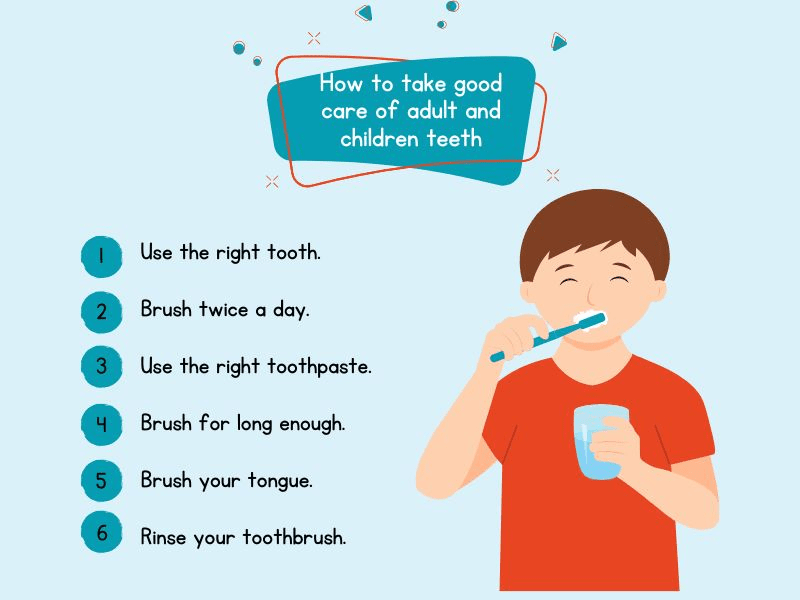
Promoting Children’s Dental Health
Instilling good dental habits from a young age sets the foundation for a lifetime of healthy teeth and gums. Here’s how you can promote your child’s dental health:
Oral Care for Babies
Even before your baby’s first tooth erupts, it’s important to care for their gums. After feeding, gently clean your baby’s gums with a damp cloth or gauze to remove any bacteria or milk residue. Once teeth start to appear, introduce a soft-bristled toothbrush and a small amount of fluoride toothpaste suitable for their age.
Teaching Kids Proper Brushing Techniques
As children grow, teach them the proper brushing techniques. Show them how to brush their teeth in circular motions, making sure to clean all surfaces of their teeth. Encourage them to brush for at least two minutes, twice a day. Supervise their brushing until they are capable of doing it independently.
Encouraging Regular Dental Visits
Regular dental visits are just as important for children as they are for adults. Introduce your child to the dentist at an early age, ideally by their first birthday. Regular check-ups allow the dentist to monitor your child’s tooth development, detect any dental issues, and provide preventive treatments such as fluoride application or dental sealants.
Understanding Dental Procedures
Sometimes, dental issues require more than just routine care. Here are some common dental procedures you may encounter:
Root Canal Treatment
Root canal treatment is performed to save a tooth with an infected or damaged pulp. During the procedure, the dentist removes the infected or inflamed pulp, cleans the root canals, and seals them. Root canal treatment relieves pain, eliminates infection, and prevents the need for tooth extraction.
Tooth Extraction
Tooth extraction is the removal of a tooth from its socket in the bone. This procedure may be necessary if a tooth is severely decayed, damaged beyond repair, impacted, or if there is overcrowding. After tooth extraction, your dentist may recommend options for tooth replacement, such as dental implants or bridges.
Dental Fillings
Dental fillings are used to restore teeth damaged by decay or fractures. The decayed or damaged portion of the tooth is removed, and the cavity is filled with a suitable material, such as composite resin or amalgam. Dental fillings restore the tooth’s function and aesthetics, preventing further decay and damage.
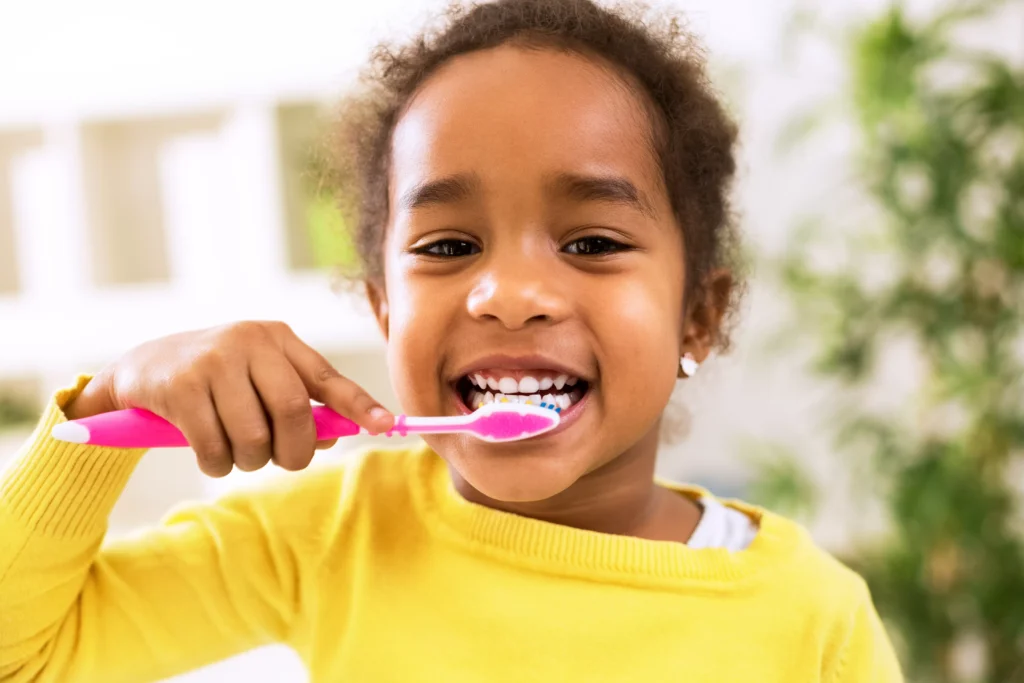
Maintaining Overall Health
Maintaining good oral health not only benefits your teeth and gums but also contributes to your overall well-being. Here are some aspects to consider:
Links Between Oral Health and General Health
There is a strong link between oral health and overall health. Poor oral hygiene can contribute to various systemic conditions, such as cardiovascular disease, diabetes, respiratory infections, and pregnancy complications. By taking care of your teeth, you can reduce your risk of developing these health issues.
Proper Dental Care for Pregnant Women
Pregnancy hormones can affect your oral health, leading to gum inflammation or more severe conditions such as pregnancy gingivitis. It is crucial for pregnant women to prioritize dental care during pregnancy. Regular dental check-ups, diligent oral hygiene, and a healthy diet can help maintain optimal oral health during this time.
Managing Chronic Conditions
Individuals with chronic conditions need to be especially mindful of their dental health. Conditions such as diabetes, cardiovascular disease, and autoimmune disorders can impact oral health and increase the risk of gum disease. Working closely with your healthcare providers and dentist can help manage these conditions and maintain good oral health.
The Role of Genetics in Dental Health
Genetics can play a role in your dental health, influencing factors such as tooth alignment, tooth decay susceptibility, and gum disease risk. While you cannot change your genetic makeup, you can take preventive measures to protect your teeth and maintain good oral health:
Inherited Dental Problems
Some individuals may inherit dental problems from their parents, such as misaligned teeth or a predisposition to tooth decay. Recognizing these inherited issues can help you address them early, with the assistance of orthodontic treatments, dental restorations, or preventive measures.
Genetic Influence on Oral Health
Certain genetic variations can affect your oral health, such as the presence of specific bacteria in your mouth or the strength of your tooth enamel. Regular dental visits and adopting a conscientious oral care routine can help mitigate these genetic influences and maintain healthy teeth and gums.
Preventive Measures
Regardless of your genetic predispositions, preventive measures are crucial for maintaining good dental health. Brush and floss your teeth regularly, visit your dentist for check-ups, and follow their recommendations for preventive treatments such as dental sealants or fluoride applications.
Maintaining Dental Health at Different Ages
Dental care needs change at different stages of life. Here are some considerations for dental health at various ages:
Dental Care for Seniors
As we age, our dental care needs evolve. Seniors may face challenges such as dry mouth, gum disease, or tooth loss. Regular dental check-ups, oral care tailored to their specific needs, and denture maintenance, if applicable, are crucial for maintaining dental health in seniors.
Oral Health Concerns in Teens
Teenagers may encounter specific dental issues, including orthodontic treatment, wisdom teeth eruption, or peer pressure influencing oral hygiene habits. Encouraging regular dental visits, addressing orthodontic needs, and promoting good oral hygiene practices can support optimal dental health during adolescence.
Dental Care for Children
Children require special attention to ensure their dental health from the moment their first tooth erupts. Introduce them to oral care early, supervise their brushing, limit sugary snacks and drinks, and prioritize regular dental check-ups. Early dental visits set the stage for a lifetime of healthy teeth and gums.
Conclusion
Taking care of your teeth is not only about maintaining a beautiful smile but also plays a vital role in your overall health. By following a proper dental care routine, choosing the right dental products, maintaining a healthy diet, visiting the dentist regularly, and taking preventive measures, you can ensure a lifetime of optimal dental health. Remember, your smile is a reflection of your overall well-being, so take care of your teeth and enjoy the benefits of a healthy mouth.
